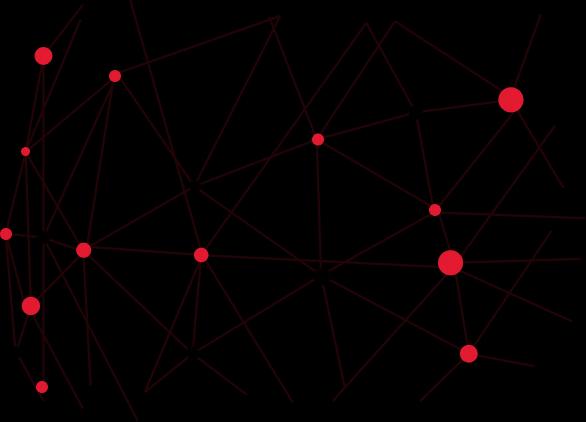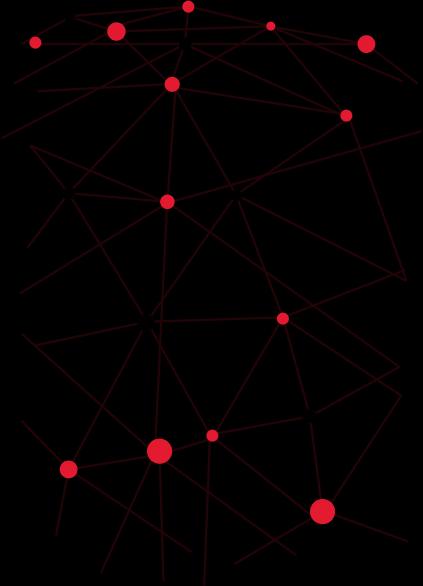
List of the 10 Best Recruitment Management Software for 2025
Recruiting has always been a critical yet challenging task for businesses. Manual recruitment processes often consume significant time and effort while leaving room for errors. Thus, using recruitment management software has become an essential trend, helping optimize workflows and improve the quality of recruitment. In this article, Tokyo Tech Lab introduces the top 10 most effective recruitment management software and how to choose the right solution for your business needs.
I. What is Recruitment Management Software?
Recruitment management software is a technological tool designed to assist businesses in managing the entire recruitment process from A to Z, including posting job ads, screening resumes, scheduling interviews, evaluating candidates, and storing applicant data. This software not only replaces traditional methods but also enhances work efficiency through automation and the integration of advanced technologies like Artificial Intelligence (AI) and data analytics.

Today, recruitment software is tailored to serve a wide range of businesses, from small firms to large corporations, reducing workload, increasing transparency, and ensuring efficiency throughout the hiring process.
II. Why Should Businesses Use Recruitment Software?
In today’s fast-paced business environment, manual recruitment processes are not only time-consuming but also inefficient and prone to errors in candidate selection. Common issues businesses face include delays in handling resumes, difficulties categorizing applicant information, and tracking recruitment progress. Additionally, applicant data often becomes scattered or lost, leading to disorganized management and negatively affecting recruitment quality and candidate experience.
Recruitment management software is the optimal solution to address these problems. By automating complex tasks, the software shortens processing time for job postings, resume screening, interview scheduling, and candidate evaluations. Furthermore, these systems ensure centralized, secure data storage that is easily accessible when needed.

Notably, recruitment software integrates data analysis and performance reporting tools, allowing businesses to measure the effectiveness of recruitment campaigns and make strategic decisions based on real data. This not only helps optimize recruitment budgets but also enhances the quality of selected candidates.
Moreover, recruitment software significantly improves the candidate experience. Clear, transparent processes and quick turnaround times make candidates feel respected and perceive the company as professional, thus building a reputable employer brand. As a result, businesses not only attract top talent but also save long-term costs and improve overall HR management efficiency.
III. Types of Recruitment Management Software
Recruitment management software can be classified based on various criteria, depending on the purpose and scale of the business. Below are some common types of recruitment software:
1. Classification by Function
Automated Recruitment Software (Applicant Tracking System - ATS):
ATS is designed to automate key steps in the recruitment process. Key features include:
- Filtering and categorizing candidate resumes based on keywords, skills, and specific job requirements.
- Managing the recruitment process through various stages, from application submission to the final interview.
- Tracking candidates with detailed reports on status, strengths/weaknesses, and job fit.
Integrated Recruitment Software:
This type of software goes beyond recruitment management to integrate with other HR management systems, such as payroll, performance reviews, and talent development planning. Its comprehensive features allow businesses to manage all aspects of an employee's lifecycle, from initial recruitment to development and retention.
2. Classification by Deployment Method
Cloud-based Recruitment Software:
Cloud-based software allows users to easily access the system from anywhere via the internet without the need for complex installations. This method offers flexibility, cost savings for deployment and maintenance, and easy scalability as businesses grow. These platforms are also automatically updated, ensuring users always have access to the latest features without work interruptions.
On-premises Recruitment Software:
In contrast, on-premises recruitment software requires businesses to install it on internal servers. While this method demands higher initial deployment costs and may face challenges in scalability, it offers deeper customization and enhanced data security, as the entire system and data are directly managed by the business. This approach is often suitable for large corporations or organizations requiring high levels of data security.
3. Classification by Business Size
Software for Small and Medium Enterprises (SMEs):
For SMEs, the software typically focuses on basic, user-friendly features and affordable pricing. These solutions help smaller companies optimize their recruitment processes without excessive costs or resources. Tools often include applicant tracking, recruitment progress monitoring, and basic reporting.
Software for Large Corporations:
For large corporations, recruitment management software often includes complex, feature-rich solutions capable of managing large-scale recruitment needs and specialized requirements, such as handling vast numbers of applicants, in-depth data analysis, and high customization capabilities. These systems may also support global recruitment and integrate with other HR management platforms.
The classification above helps businesses easily choose the most suitable tools for their goals and operational specifics, thereby optimizing recruitment processes and achieving the highest efficiency.
IV. Core Features of Recruitment Management Software
Recruitment management software is not just a tool for tracking applicant profiles but also integrates powerful features to optimize the entire hiring process. Below are the main features commonly offered by modern recruitment software:
1. Applicant Tracking
One of the most fundamental and important features of recruitment software is its ability to manage applicant profiles. It allows recruiters to easily collect and store candidate information, organize and search through profiles quickly. Advanced search features enable filtering applicants based on criteria such as skills, experience, location, or keywords, saving time and effort when reviewing hundreds of candidates.

2. Automated Resume Screening
Modern recruitment software can automatically screen resumes based on specific requirements for the position. The system analyzes applications and selects the most suitable candidates according to preset criteria, such as keywords, skills, educational background, and experience. This reduces manual screening time and ensures only qualified applicants are considered.
3. Recruitment Workflow Management
The software helps track the entire recruitment process from start to finish, including job posting, interviews, and candidate selection. Users can easily manage steps like initial interviews, applicant evaluations, job offers, and onboarding letters. These features keep the hiring process organized and ensure timely feedback for applicants.

4. Interview Scheduling and Candidate Assessment
Another key feature is the ability to organize and monitor interviews. The software supports scheduling interviews and conducting them online, providing flexibility and saving time for both recruiters and candidates.
Modern systems integrate with tools like Zoom, Microsoft Teams, or Google Meet for virtual interviews. These interviews can be recorded, allowing for easier evaluation and accurate decision-making later. Additionally, this feature enables team members involved in the hiring process to share opinions and make collaborative decisions effectively.
5. Integration with Recruitment Channels
Recruitment software can integrate with online platforms such as LinkedIn, Indeed, and other job boards, enabling job postings on multiple channels simultaneously without manual effort. This saves time and broadens the search for candidates.

6. Recruitment Analytics and Reporting
Modern recruitment tools often include powerful analytics and reporting capabilities, allowing recruiters to evaluate the effectiveness of recruitment campaigns. Reports may include metrics such as the number of applicants, hiring rates, recruitment costs, and the performance of individual recruitment channels. These insights help businesses optimize their hiring strategies and adjust sourcing channels as needed.
7. Online Interview Management
Given the increasing shift to remote work, modern recruitment software supports seamless online interviews. It integrates with virtual meeting tools like Zoom, Microsoft Teams, or Google Meet, allowing recruiters and candidates to conduct interviews without physical presence. Furthermore, the feature supports recording interviews, making it easier to review and evaluate candidates after each session.

8. Automated Email Communication
Recruitment software can automatically send email notifications to candidates at various stages of the hiring process. For instance, the system can send thank-you notes after receiving applications, notify candidates of interview results, or issue job offers. This reduces the workload for recruiters while providing a professional experience for candidates and keeping them updated throughout the hiring process.
9. Customization and System Integration
Recruitment software often allows customization to meet the unique needs of individual businesses. Organizations can customize information fields, hiring workflows, and analytical reports to align with their specific requirements. Additionally, the software can integrate with other HR management tools, such as payroll systems, employee training software, or performance management systems, creating a comprehensive HR management solution.

These features not only optimize the recruitment process but also provide significant benefits for businesses by helping them hire the right candidates, reduce recruitment costs and time, and improve the overall quality of their workforce.
V. Benefits of Recruitment Management Software
Recruitment management software offers numerous benefits to help businesses optimize the recruitment process, save time, and enhance efficiency in candidate selection. Below are some of the key advantages of using recruitment management software:
1. Increased Efficiency and Time-Saving
The software automates many manual tasks in recruitment, such as filtering candidate profiles, scheduling interviews, sending notifications, and tracking recruitment progress. This reduces human intervention and saves valuable time for recruiters. Automated processes allow recruiters to handle multiple candidates simultaneously without becoming overwhelmed, thereby increasing recruitment efficiency.

2. Effective Applicant Management
The software helps store and manage applicant profiles systematically, allowing quick and easy access to information when needed. Information such as work experience, skills, and qualifications is updated and stored digitally. Recruiters can compare and evaluate candidates in detail and more conveniently than dealing with scattered paper records.
3. Improved Candidate Selection Process
With features like automated profile analysis and evaluation against specific criteria, recruitment software enhances the accuracy of candidate assessment. Recruiters can easily identify candidates who meet job requirements without spending excessive time manually reviewing profiles. This not only helps select the best candidates but also ensures a fair recruitment process.

4. Integration with Recruitment Channels
Modern recruitment software integrates with multiple recruitment channels, including job boards, social media platforms, and online recruitment networks. This enables recruiters to reach candidates from diverse sources without managing each channel separately. Additionally, candidates can easily apply through these platforms, facilitating a smoother process for both parties.
5. Enhanced Candidate Experience
Recruitment management software provides a seamless experience for candidates throughout the recruitment process. Candidates can easily apply online, track their application status, and receive notifications via email or text messages. Some software also offers user-friendly and intuitive interfaces, ensuring candidates feel comfortable and professional throughout the process.

6. Comprehensive Analytics and Reporting
The software offers powerful analytics and reporting tools that help recruiters evaluate the effectiveness of recruitment campaigns. Reports may include metrics such as the number of applications received, interview pass rates, completion time for each recruitment stage, and other key indicators. With these insights, businesses can evaluate and optimize their recruitment strategies for better outcomes.
7. Data Security and Legal Compliance
Recruitment software protects candidates' personal information through robust security measures like data encryption and access control. This not only ensures privacy but also helps businesses comply with legal regulations related to recruitment, such as GDPR (General Data Protection Regulation) for operations in Europe.

With these benefits, recruitment management software has become an essential tool for businesses aiming to optimize recruitment processes, from attracting candidates to selecting and developing a high-quality workforce.
VI. How to Choose the Right Recruitment Management Software for Your Business
Selecting suitable recruitment management software can optimize recruitment processes and offer long-term benefits for human resource management. However, with the diversity of products on the market, choosing the right software can be a challenge. Below are factors to consider when selecting recruitment management software:
1. Identify the Business's Specific Needs
Before choosing software, businesses should clearly define their recruitment needs and goals. Consider questions like:
- What problems does the business need the software to solve?
- What is the annual recruitment volume?
- What is the size of the HR and recruitment teams?
Understanding these needs helps businesses select software with relevant features, avoiding unnecessary costs.

2. Choose Software Based on Business Scale
Business scale plays a vital role in software selection:
- Small and Medium Enterprises (SMEs): Opt for simple, easy-to-use software with affordable costs. SaaS-based software (cloud-based) is ideal as it does not require significant infrastructure investment.
- Large Enterprises: Require more complex solutions with integration capabilities for other HR management systems like ERP or HRIS to optimize overall human resource management processes.
3. Evaluate Software Features
Ensure the recruitment management software provides essential features, including:
- Automation of Recruitment Processes: From job postings, data collection, to candidate filtering.
- Applicant Database Management: Systematic storage and scientific search of candidate profiles.
- Multi-Channel Integration: Support for posting jobs on various platforms, from job boards to social media.
- Online Interviewing: Enables scheduling and recording interviews.
- Analytics and Reporting: Detailed reports to assess recruitment process effectiveness.

4. Consider Flexibility and Scalability
Businesses need software that can scale to meet future growth. Flexible software allows for feature additions or expansion without technical limitations.
5. Ease of Use and Strong Customer Support
User experience is critical. An intuitive and user-friendly interface enhances the efficiency of recruitment teams. Additionally, check the provider's customer support policies, including:
- 24/7 technical support.
- Detailed user guides.
- Software training services.

6. Ensure Security and Legal Compliance
Given increasingly stringent data protection regulations, recruitment management software must have measures to safeguard personal data, such as encryption and access control. Ensure the software complies with relevant legal regulations, such as GDPR.
7. Budget and Cost Consideration
Cost is always a factor. Compare solutions on the market to choose software that fits the budget while ensuring effectiveness. Some providers offer free trials, allowing businesses to evaluate products before investing.

8. Seek User Feedback and Market Reviews
Refer to feedback from other businesses that have used the software. Read reviews on reputable platforms or consult industry colleagues for a comprehensive view of the product.
By carefully considering these factors, businesses can select recruitment management software that meets current needs and supports future growth effectively.
VII. Top 10 Most Effective Recruitment Management Software
Recruitment management is a vital task for businesses to identify and select the right candidates. Using recruitment management software increases recruitment efficiency, saving time and costs. Below are the top 10 highly rated recruitment management software available today.
1. Base E-Hiring Recruitment Management Software
Base E-Hiring is an intelligent recruitment management software developed by Base Enterprise to optimize recruitment processes for businesses. With automation capabilities, Base E-Hiring saves up to 85% of the time spent processing applications and efficiently utilizes existing candidate data. Notably, the software integrates seamlessly with popular recruitment platforms in Vietnam, providing maximum convenience.

Key Advantages:
- Helps businesses build free and quick recruitment websites.
- Directly connects to job boards and social media to source high-quality candidates.
- Enhances candidate experience with communication tools like email, calls, or video calls.
- Affordable pricing with international quality tailored to Vietnamese standards.
Drawbacks:
- Requires time for new users to familiarize themselves.
- Limited customization for the interface.
Outstanding Features:
- Flexible Talent Pools: Automatically collects candidate profiles from multiple sources, creating groups tailored to each position.
- Smart Filtering and Search: Filters candidates based on application source, education level, experience, and specific criteria.
- Professional Interview Management: Automates the entire process, from scheduling, drafting questions, sending invitations, to recording results.
- Detailed Reporting and Measurement: Assesses metrics like recruitment costs and success rates per position, helping optimize budgets and processes.
Pricing:
- Basic Plan: 850,000 VND/month (5 accounts).
- Business Plan: 2,490,000 VND/month (20 accounts).
- Advanced Plan: 5,250,000 VND/month (60 accounts).
- Custom Plans: Contact the company for consultation.
2. Greenhouse Recruitment Management Software
Greenhouse is a prominent recruitment management software widely used globally. It offers optimal solutions for recruitment processes with robust integration capabilities, enabling HR teams to build effective strategies from start to finish. Greenhouse not only helps businesses attract candidates but also provides powerful tools for accurate candidate evaluation and selection.

Advantages:
- Comprehensive candidate profile management with a candidate pipeline model.
- Flexible and synchronized job posting across multiple international platforms.
- Automated email and schedule integration, saving time for recruiters.
- Detailed data analysis and reporting to improve recruitment strategies.
- Easy integration with tools like CRM and HRIS.
Drawbacks:
- Does not support job postings on Vietnamese platforms.
- Lacks built-in online interview features.
- High cost, better suited for large enterprises.
Notable Features:
- Candidate Pipeline Management: Tracks candidates’ journeys from initial contact to hiring decisions.
- Automated Screening and Evaluation: Accepts or rejects candidates based on preset criteria, reducing manual workload.
- Automated Emails: Sends notifications via email to recruiters, candidates, and interview panels. Users can also conduct online surveys via email to assess candidates.
- Advanced Data Reporting: Provides over 30 report templates on recruitment duration, conversion rates, and channel quality, with easy synchronization with Google Sheets for analysis.
- Open API Integration: Compatible with third-party applications like CRM and HRIS, ensuring seamless HR operations.
Pricing:
Greenhouse offers three plans: Core, Pro, and Enterprise. Pricing starts at $6,600/year (equivalent to $550/month). The software does not offer a free trial but provides customized services for businesses.
Greenhouse is an ideal choice for businesses seeking to upgrade recruitment strategies, improve success rates, and build quality teams.
3. Breezy HR Recruitment Management Software
Breezy HR is a versatile Applicant Tracking System (ATS) that supports businesses throughout the recruitment process, from posting job advertisements to evaluating candidates. Breezy HR stands out with its user-friendly interface and AI technology for quick and efficient candidate screening.

Key Advantages:
- Intuitive and visually appealing interface, easy to use even for beginners.
- Free Bootstrap plan with no limits on users or candidates.
- Professional support for internal recruitment and contract management.
Drawbacks:
- May experience minor technical issues.
- Support hours primarily align with U.S. time zones, which may not be convenient for businesses in Vietnam.
Core Features:
- Extensive Job Posting Network: Allows simultaneous job postings on over 50 global platforms like LinkedIn, Google, ZipRecruiter, and Seek within minutes, ensuring quick access to candidates.
- Professional Recruitment Website Creation: Businesses can customize recruitment websites with mobile-optimized designs, integrated data management, and reporting features.
- Comprehensive Candidate Management: Breezy HR stores resumes, social media profiles, interview schedules, scorecards, and notes, offering a unified view of candidates.
- Support for Offers and Verification: Simplifies the offer process with professional templates, electronic signatures, and background verification within a short timeframe.
- Reporting and Analysis: Tracks the effectiveness of recruitment campaigns and optimizes strategies based on detailed data.
Pricing: Breezy HR stands out with its unlimited free trial for basic features. Paid plans include:
- Startup: $157/month.
- Growth: $273/month.
- Business: $439/month.
4. Recruitment Management Software: Zoho Recruit
Zoho Recruit is one of the leading Applicant Tracking Systems (ATS), providing a comprehensive solution for businesses and independent recruiters to manage their hiring processes. With flexible and customizable tools, the software optimizes remote recruitment, enabling employers to find and select the most suitable candidates. It is widely used by startups and small businesses in countries such as Singapore, Canada, and the Netherlands.

Advantages:
- Efficient candidate management: Quickly store, organize, and retrieve applicant data.
- Automated processes: Streamlines candidate screening and suggests the most suitable profiles.
- Seamless integration: Automates tasks such as sending emails and scheduling interviews when paired with Zoho PhoneBridge.
Disadvantages:
- Limited local integration: Does not support connections with popular recruitment platforms in Vietnam.
- Restricted beyond the Zoho ecosystem: Third-party application integration is limited.
- High costs: Pricing may not align with the budgets of many Vietnamese businesses.
Key Features of Zoho Recruit:
- Centralized data management: Consolidates all candidate, client, and contact information into one database for easy management and retrieval.
- Automated interview scheduling: Notifies candidates and shares resumes via email efficiently.
- Professional career pages: Creates engaging job posting pages with online applications, automated skill assessments, and quick feedback.
- Advanced candidate tracking: Categorizes and organizes applicant data with up to 50 customizable tags.
- API integration and customization: Connects with third-party applications and websites for workflow optimization.
- Candidate sourcing: Expands the talent pool by collecting resumes from various sources, including direct candidate searches online.
- Quick resume parsing: Extracts and auto-fills applicant details into profiles, saving processing time.
- Multi-channel job posting: Enables free job posting on 15+ job boards and promotes roles from a single interface.
- Smart search options: Includes radius-based searches to find candidates near the job location.
- Cross-platform management: Integrates with Zapier to manage multiple applications from a unified platform, enhancing efficiency.
Zoho Recruit Pricing: Zoho Recruit offers two main service packages to cater to diverse business needs:
For Enterprise HR:
- Free Trial: Lifetime access for 1 active job/recruiter license.
- Standard Plan: $25 per recruiter/month, managing up to 10 active jobs.
- Enterprise Plan: $50 per recruiter/month, managing up to 20 active jobs.
For Staffing Agencies:
- Free Trial: Lifetime access for 1 active job.
- Standard Plan: $25 per user/month, managing up to 100 active jobs.
- Professional Plan: $50 per user/month, managing up to 250 active jobs.
- Enterprise Plan: $75 per user/month, managing up to 750 active jobs.
5. Recruitment Management Software: Workable
Workable is a modern recruitment management solution leveraging artificial intelligence (AI) to optimize candidate sourcing and evaluation. Equipped with advanced tools and robust integrations, Workable provides convenience for businesses in finding the right talent.

Advantages of Workable:
- Quick deployment: Easy job posting in just a few steps.
- Diverse network: Supports job postings on 200+ global recruitment platforms.
- Flexible integration: Connects with over 70 tools and applications for background checks and candidate management.
- 24/7 support: Professional support team with quick response times.
Disadvantages of Workable:
- Limited local support: Does not offer job posting on many recruitment platforms in Vietnam.
- No video interview support: Online interview features lack video call functionality.
- Restricted enterprise integrations: Limited integration with enterprise software.
- High pricing: Packages may not accommodate diverse business needs.
Key Features of Workable:
- Candidate sourcing and evaluation: Automates job postings on 200+ platforms, reaching over 400 million candidates. AI-powered analysis ensures the selection of the most qualified applicants.
- Talent pool management: Collects and stores detailed candidate information, including contact details, application sources, and interaction history, while streamlining pipeline transitions.
- In-depth reporting: Provides comprehensive metrics such as candidate numbers, conversion rates, and time spent on each recruitment stage.
- Cross-platform connectivity: Integrates seamlessly with LinkedIn, Google, Indeed, Facebook, and 70+ tools to enhance recruitment efficiency.
Workable Pricing:
- Starter Plan: $149/month for up to 20 employees, ideal for occasional hiring and basic HR management.
- Standard Plan: $299/month for 1-20 employees or $3,588/year with annual billing, suitable for frequent recruitment needs.
- Premier Plan: $599/month for 1-20 employees or $7,188/year for businesses requiring comprehensive recruitment strategies.
6. Recruitee Recruitment Software
Recruitee is an outstanding ATS software with an intuitive interface and high customizability. It focuses on optimizing the recruitment process through four main tasks: building a recruitment team, expanding candidate sources, automating manual tasks, and effectively evaluating candidates.

Advantages
- Enhances objectivity in recruitment by offering flexible permissions for interviewers.
- Allows customization and configuration of the number of steps in the recruitment process.
- Supports integration with many popular applications and platforms.
Disadvantages
- Lacks features for direct communication with candidates via messaging.
- Does not support remote job posting.
Key Features
- Automated recruitment process: Recruitee saves businesses up to 64% of time by automating the entire process, from screening resumes to scheduling interviews, reducing manual workload, and enhancing recruitment efficiency.
- Professional career site builder: With a user-friendly interface, even non-technical users can quickly set up a career website. This tool enables businesses to showcase their culture and brand effectively, attracting quality candidates.
- Customizable recruitment reports: Flexible reporting tools allow businesses to monitor the recruitment process comprehensively, identify areas for improvement, and develop strategies to optimize results.
- Integration with multiple platforms: Recruitee supports connections with over 120 applications like Zapier, Google, and Indeed, ensuring seamless workflow management while enhancing user experience and productivity.
Pricing: You need to contact Recruitee for consultation and pricing.
7. BambooHR Hiring Management Software
BambooHR focuses on providing a smooth recruitment experience. With BambooHR, businesses can manage the entire candidate lifecycle—from initial screening to onboarding—helping recruiters organize, manage, and track candidate information across all stages. This optimizes the recruitment process and ensures businesses find the best talent.

Advantages
- Centralized data storage and management: Efficiently organizes and manages all candidate information.
- HR management support: Integrates tools for tracking taxes, insurance, and benefits.
- Streamlined onboarding: Creates guides and tracks the progress of new employees' integration.
- Convenient mobile app: Enables recruitment management anytime, anywhere on iOS and Android.
- Strong integrations: Connects with over 125 tools like Slack, Google, and LinkedIn.
Disadvantages
- Limited job posting features for Vietnam-based job boards.
- Pricing is not disclosed publicly.
- No support for the Vietnamese language.
Key Features
- Smart recruitment board: BambooHR enables permission settings within the recruitment team, allowing effective collaboration via email, messaging, and synchronized data across devices.
- Customizable offer letters: Provides customizable offer letter templates, including details about roles, salaries, and terms. Integrated e-signatures speed up the acceptance process.
- Convenient mobile application: Fully functional on iOS and Android, BambooHR allows users to perform tasks like posting jobs, viewing resumes, and evaluating candidates remotely.
- Multi-channel job posting: Supports sharing job postings on leading platforms such as Indeed, Glassdoor, LinkedIn, and popular social networks like Facebook and X (Twitter).
Pricing
- BambooHR offers two main service packages - Core and Pro with options for additional advanced features. Pricing details are not publicly disclosed, and businesses need to create an account on BambooHR’s website to receive a tailored quote.
8. JazzHR Recruitment Software
JazzHR is an ideal choice for small and medium-sized businesses. The software simplifies recruitment with features such as job posting, resume screening, and interview management. JazzHR’s strengths lie in its affordability and customizability.

Advantages
- Simple and user-friendly interface: Streamlined features suited for small businesses.
- Flexible integrations: Synchronizes with many leading HR applications.
- Unlimited users: Allows for expanding the number of accounts without extra cost.
- Mobile compatibility: Supports management anytime, anywhere.
Disadvantages
- Limited to basic features: Lacks advanced analytical tools.
- Team management limitations: Does not provide detailed reports on recruitment team performance.
Key Features
- Flexible job posting: Unlimited users and job postings make it suitable for businesses looking to scale quickly.
- Automated processes: Effectively tracks candidates and saves time through automation.
- HR technology integration: Directly connects with tools like Performentor, Nonprofit HR, and RetroTax to optimize recruitment workflows.
Pricing: JazzHR offers three clear service packages tailored to different needs:
- Hero Plan: Starting at $75/month, suitable for small teams just starting out.
- Plus Plan: Starting at $269/month, ideal for growing businesses.
- Pro Plan: Starting at $420/month, aimed at businesses with comprehensive recruitment needs.
9. SAP SuccessFactors
SAP SuccessFactors offers a modern and comprehensive human resource management system, covering functionalities from sourcing candidates, screening resumes to payroll management, onboarding, and performance reporting. The software helps businesses optimize operational efficiency and enhance the experience for both employees and recruiters.

Advantages
- Comprehensive employee lifecycle management: Supports every stage, from recruitment and training to offboarding.
- Strong integration capabilities: Easily connects with third-party applications to expand features and data.
Disadvantages
- Limited customization: Does not fully address the specific needs of every business.
- High cost: Not suitable for businesses with tight budgets.
Key Features
- Employee lifecycle management: Optimizes processes from recruitment and transfers to offboarding, ensuring effective human resource management.
- Efficient onboarding: Helps new hires quickly adapt to their roles through clear onboarding processes and adaptability assessments.
- Time tracking and payroll management: Tracks working hours, leave schedules, absences, and automates accurate payroll processing using timekeeping data.
Pricing: Contact SAP SuccessFactors directly for detailed pricing information.
10. TEAMHUB HRM
TEAMHUB HRM is a comprehensive recruitment and human resource management system. The software automates recruitment processes, candidate management, and provides analytics to improve recruitment efficiency. TEAMHUB HRM is especially suitable for businesses looking for a unified solution for both recruitment and HR management.

Advantages
- Versatile and comprehensive: Integrates various features, from recruitment, timekeeping, payroll to performance evaluation.
- Flexible customization: Tailored to meet the unique needs of different industries and business sizes.
- User-friendly: Intuitive interface, easy to use even for non-technical users.
- Smart integrations: Connects with modern tools and systems.
- Multi-language support: Ideal for businesses with international work environments.
Disadvantages
- Implementation time: Full feature deployment for large-scale businesses may require significant time.
Key Features
- Comprehensive HR record management: Centralized storage of employee information, including work history, contracts, qualifications, certifications, and awards. Includes role-based permissions to secure data.
- Automated recruitment and onboarding: Supports job postings, resume screening, and automated onboarding processes. Provides tools for creating forms, interview questions, and candidate assessments.
- Timekeeping and payroll management: Tracks working hours through integrated timekeeping systems. Automates precise payroll calculations based on time tracking and allowances.
- Employee performance evaluation: Develops personalized growth plans based on KPI assessments. Provides detailed performance reports for managers to make strategic decisions.
- Robust system integration: Connects with popular tools like Google Workspace, Microsoft Teams, and accounting software. Supports open APIs for integrating additional internal business systems.
- Reports and data analysis: Offers visual reports on HR metrics, employee turnover rates, and HR costs. Supports exporting data in multiple formats for advanced analysis.
Pricing
- Basic plan: 45,000 VND/month, includes all features, supports up to 30 accounts.
- Custom plan: Tailored to customer requirements.
VII. Conclusion
Recruitment management software has become an essential tool for optimizing the HR recruitment process, especially in today’s competitive labor market. With modern features such as applicant management, automated screening, data analytics, and multi-channel integration, these software solutions not only save businesses time and costs but also improve recruitment quality, creating a better experience for both candidates and recruiters.
Start improving your business recruitment process today to strengthen your HR team and achieve sustainable growth. Don’t forget to follow us for more valuable insights on digital transformation and business optimization!
SHARE THIS ARTICLE
Author
Huyen TrangSEO & Marketing at Tokyo Tech Lab
Hello! I'm Huyen Trang, a marketing expert in the IT field with over 5 years of experience. Through my professional knowledge and hands-on experience, I always strive to provide our readers with valuable information about the IT industry.
More Posts
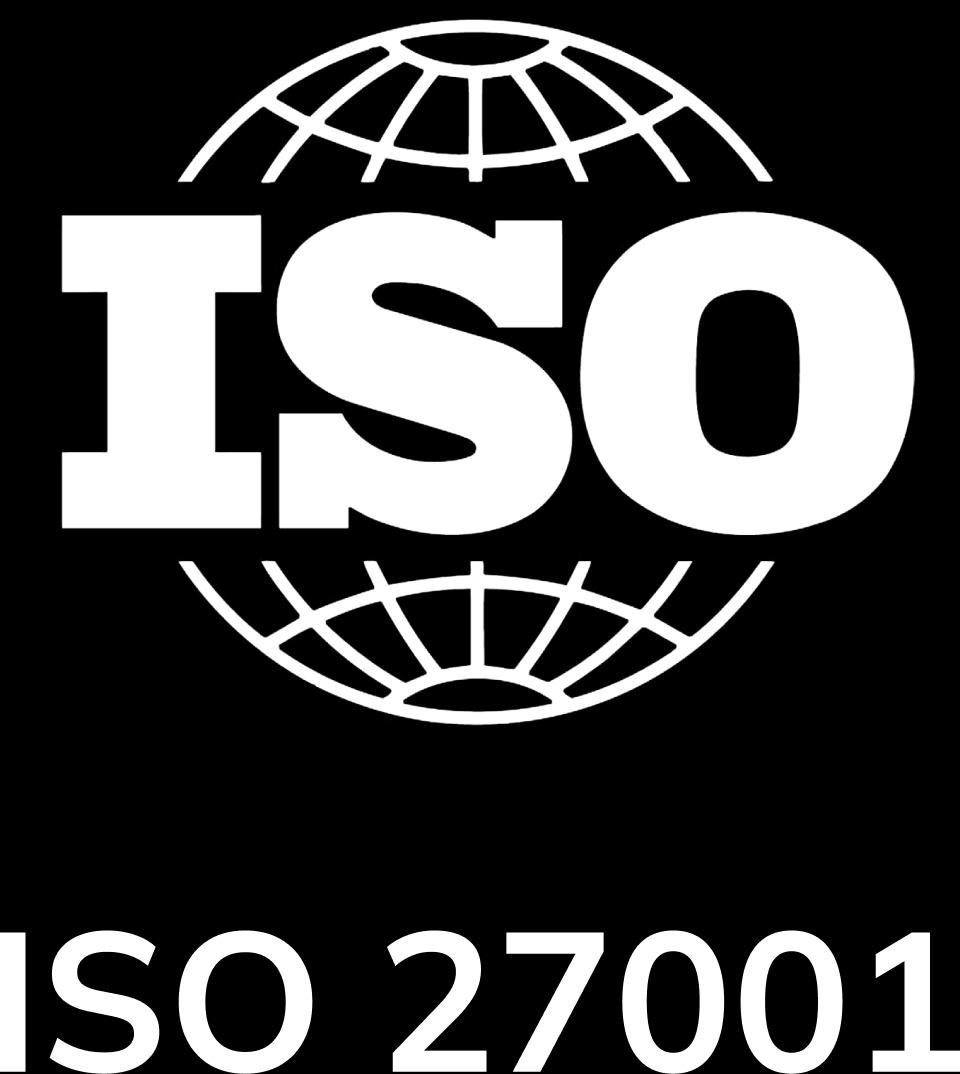
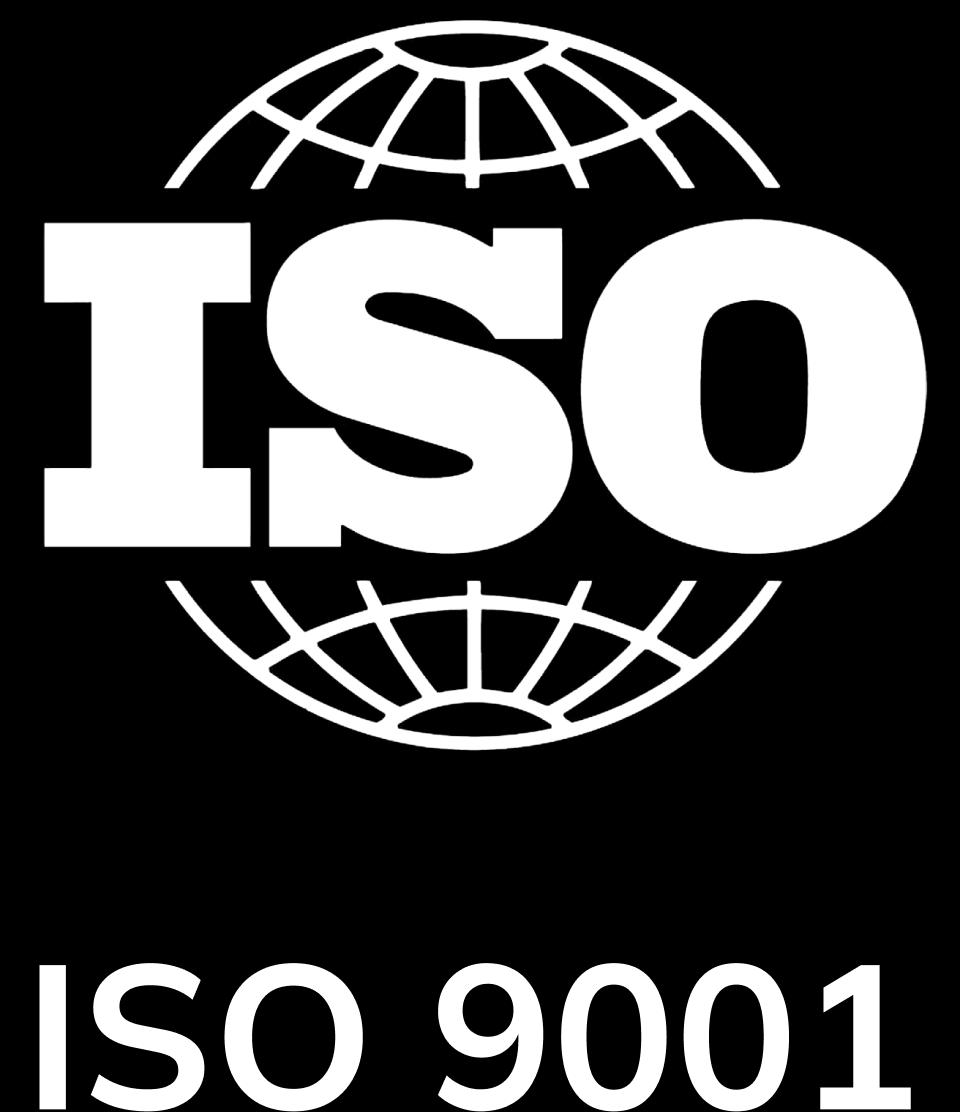
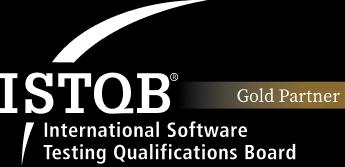
About Tokyo Tech Lab
Services and Solutions
Contact us
© 2023 Tokyo Tech Lab. All Rights Reserved.



